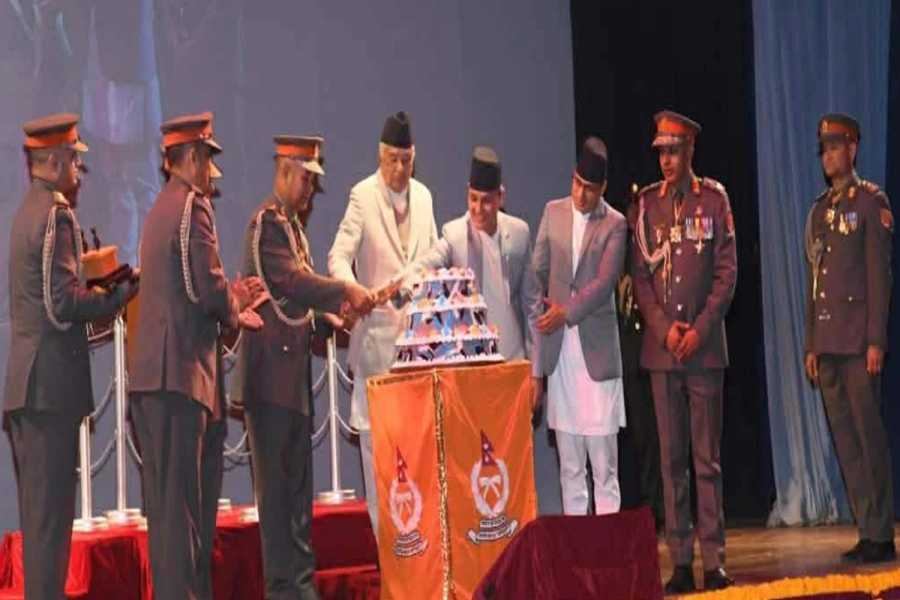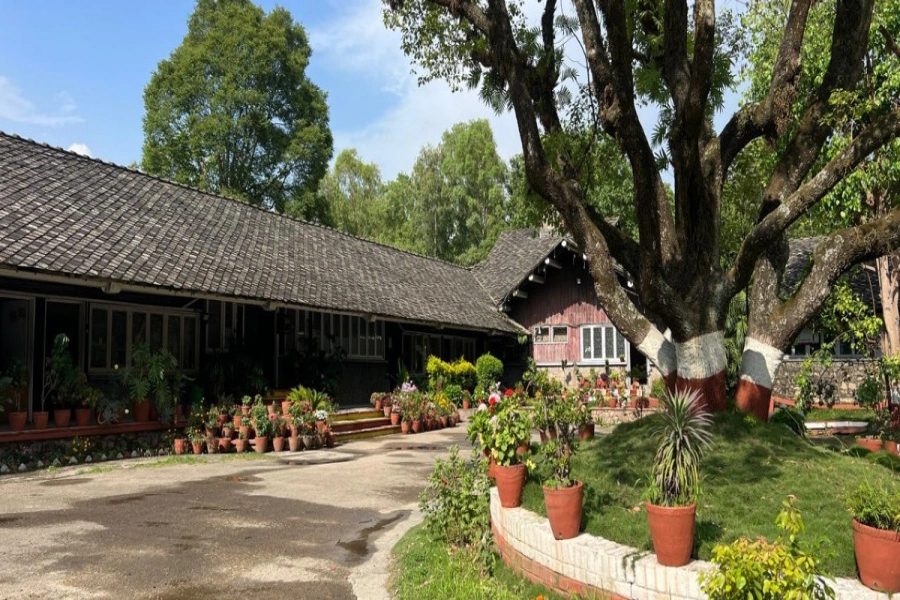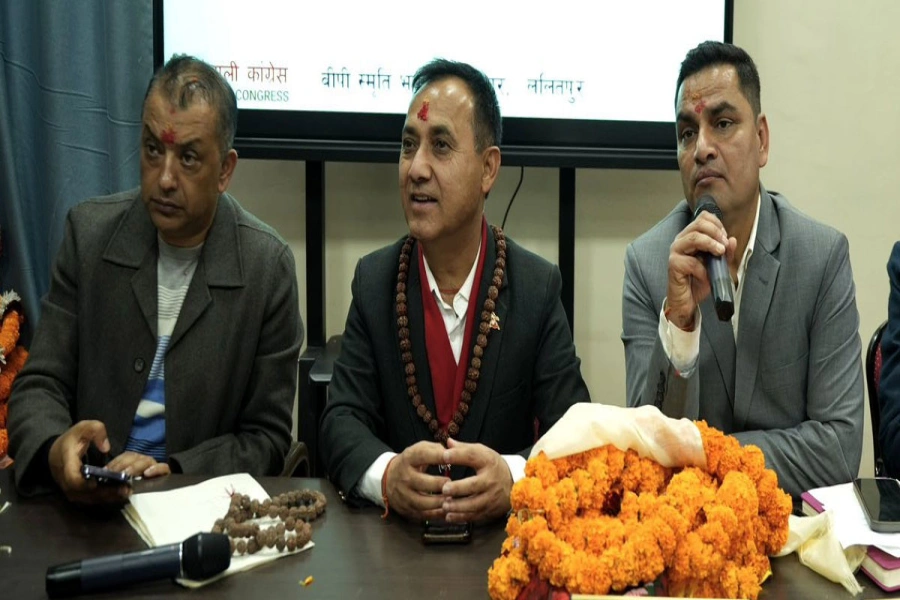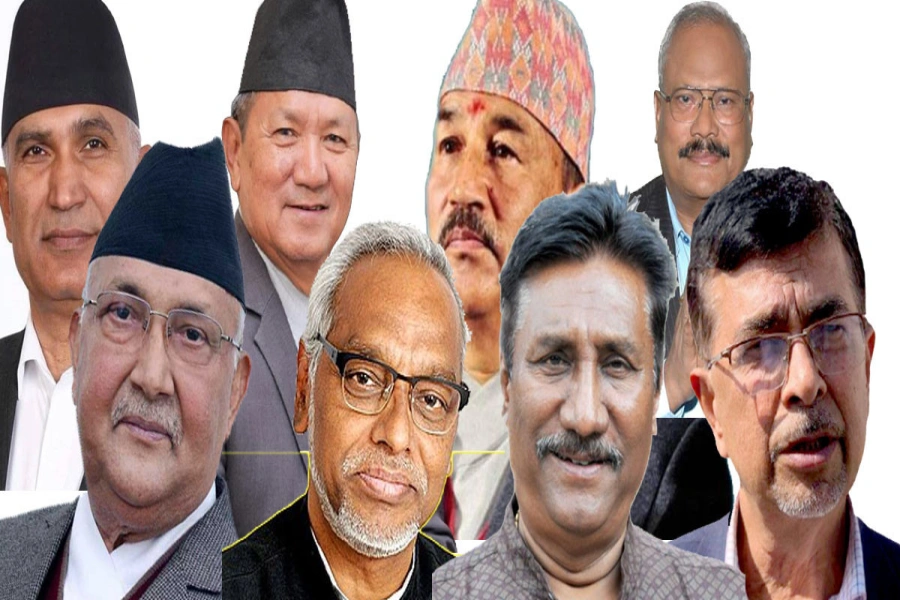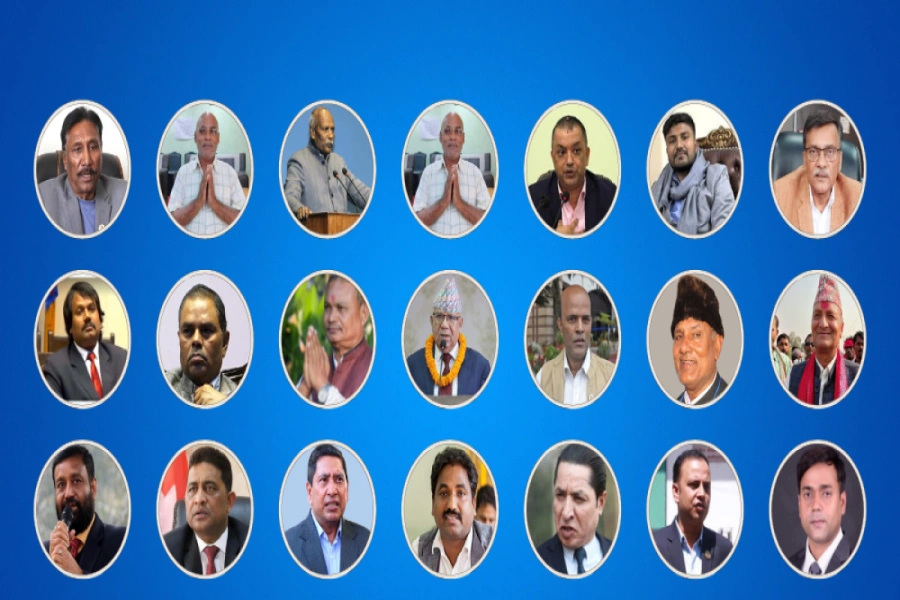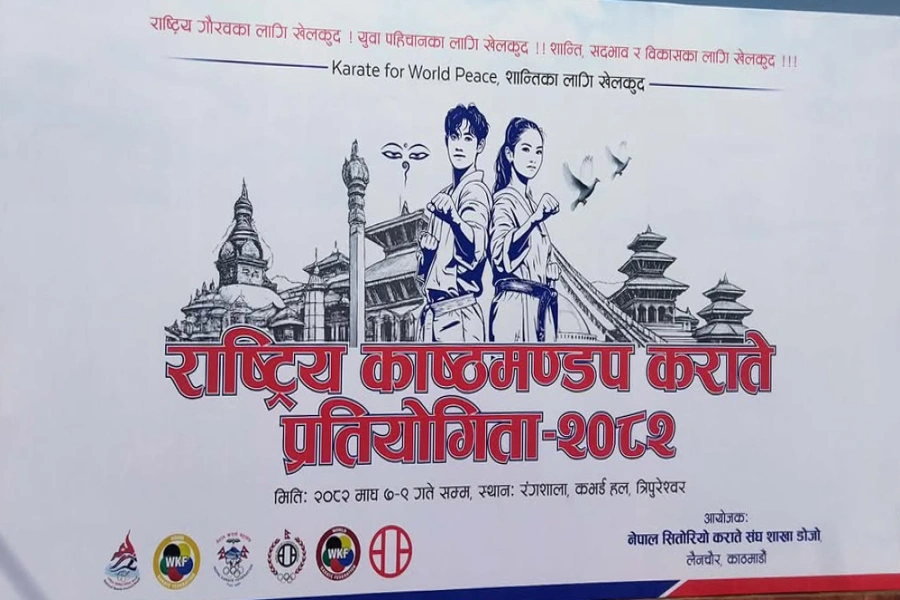Those active on social media via mobile at higher risks
KATHMANDU, Feb 9: Some 58 percent children aged between 8 and 12 years are exposed to cyber risks in Nepal, according to a recent study.
The Digital Intelligence (DQ) Institute, an international think tank, published its impact report 2018 on February 5. The report focuses on the current state of online child safety and digital citizenship, based on a multi-nation study which included 38,000 children aged between eight and 12 years from 29 countries including Nepal, the USA, the UK, Australia, China, Nigeria, Oman, Singapore and Mexico. Of these children, 85 percent use social media.
Cyber risk

The report shows that 58 percent of 8-12 years old children in Nepal are exposed to one or more cyber-risks such as cyber bullying, video game addiction, online grooming and online sexual behaviors while using online platforms. "The most prevalent cyber-risk for children in Nepal was found to be cyber bullying (49 percent) followed by online sexual behaviours (26 percent) and meeting online strangers (15 percent)," reads the report.
The report reveals that the cyber-risk exposure of children of this age group is 56 percent globally and that the risk grows particularly acute when children own mobile phones and actively engage in social media. "In such cases, children have a 20 percent higher likelihood of cyber-risk exposure and have 12 more hours of screen time per week than children who do not own mobile phones."
“The majority of children and adults risk being addicted to the digital media and technologies in Nepal, leading them to become vulnerable to cyber crimes and bullying. The DQ Institute's plan to empower children with digital skills is indeed needed for the nation to raise good digital citizens," said Kedar Kilanbu, DQ ambassador to Nepal.
#DQEveryChild™ is a strategic global movement run by the DQ Institute in association with the World Economic Forum to empower children with DQ at the start of their digital lives. It utilizes a research-based online platform known as DQWorld.net, for teaching and assessing digital citizenship skills to children aged 8-12 years old. DQ World.net can be easily 'plugged and played' into any school or national curriculum, and is free for every child.
Kilanbu and Apex ICT Institute, Bhaktapur, have led the movement in Nepal by promoting the understanding of digital citizenship and cyber-risks among children 8-12 years old. They started by bringing the DQ Screen Time Study, a multinational project aimed at understanding the digital use habits of young children, to local schools.
“From an early age, our children's use of social media through personal mobile phones has been excessive. Before they start actively engaging in social media or owing their mobile phones, we need to empower our children with digital citizenship skills to mitigate cyber risks and maximize the opportunity of technology,” said Dr Yuhyun Park, Founder of the DQ Institute.
Beyond IQ and EQ, DQ is a set of must-have skills that children need to use digital technology and media in safe, responsible and effective ways. Currently, 260 million children globally are estimated to be exposed to cyber-risks and the number is predicted to rise to 390 million by 2020, according to the report.


